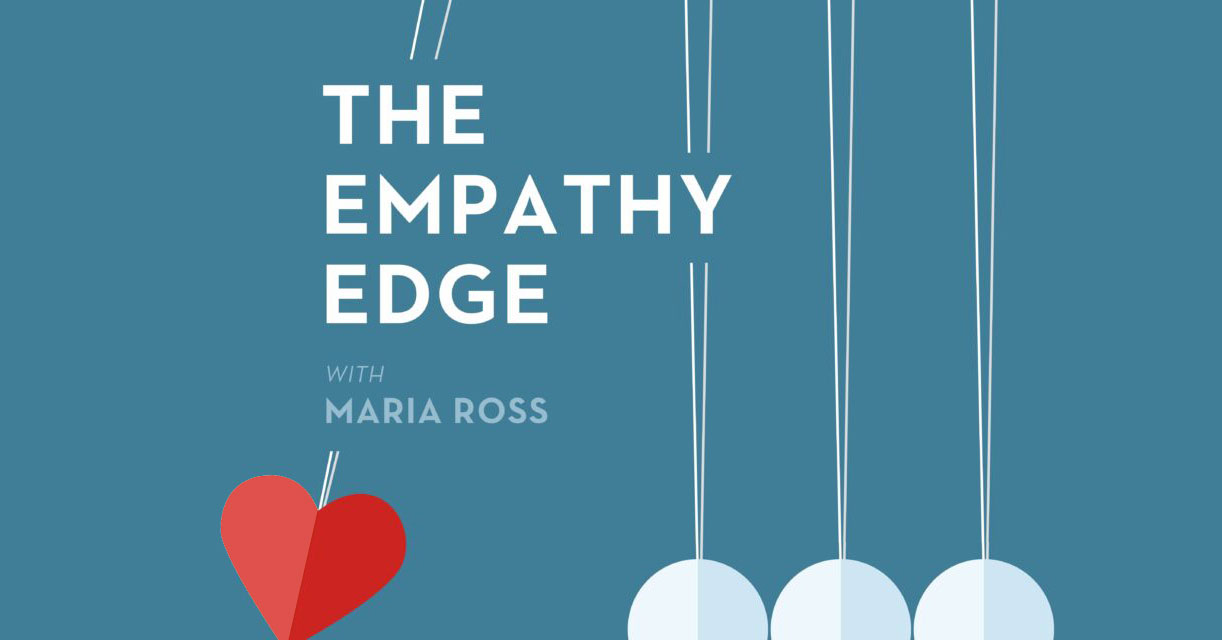So…your leaders and colleagues could all improve their emotional intelligence, or EQ, to better collaborate – and you want to change your company culture for the better – but where the heck do you start? Today, I talk with Rich Hua, Global Head of EPIC Leadership at Amazon. Rich’s personal journey from self-professed non-emotionally intelligent person to where he is today will inspire even those of you who falsely believe you’ll never be good at this stuff! He shares how he intentionally built those muscles through self-reflection, coaching, and learning. We discuss the state of EQ and empathy in the corporate world and what talent is now demanding from leaders. He shares how we created his current role and started this movement at Amazon – still a work in process but already having a profound impact – and he will inspire you as he did me, with tips to do the same in your organization. Where is EQ headed in our workplace world? Let’s find out!
Key Takeaways:
- It takes work, self-reflection, and self-awareness to grow and hone your EQ. As humans we don’t like to be uncomfortable, but it is in that discomfort that we grow.
- We all have a sphere of influence. It doesn’t matter if it is our families, our neighbors, our church, or an audience of thousands. We can work on expanding our sphere as we embrace and teach empathy.
- Everyone is looking for hope and inspiration. That is human nature. Be the light in whatever sphere you are in.
“I think of it as inputs and outputs: Diversity, equity, or inclusive behavior are actually outputs. You don’t necessarily teach people that. It’s the result when you teach them empathy.” — Rich Hua
About Rich Hua, Global Head of EPIC Leadership, Amazon:
Rich Hua is a technology strategist and innovation evangelist, and he currently serves as the Global Head of EPIC Leadership at Amazon. His mission is to train Amazon’s leaders in emotional intelligence and interpersonal dynamics, enabling them to lead with greater Empathy, Purpose, Inspiration, and Connection (EPIC). Rich has spent decades training and mentoring people in leadership and interpersonal skills—from CEOs to aspiring managers to early career professionals. He launched the Emotional Intelligence and Success initiative at Amazon, and his team has trained over 150,000 Amazonians in emotional and social intelligence. His training is now an integral part of onboarding, sales, and leadership development programs across numerous parts of Amazon globally.
Connect with Rich Hua:
Website: http://www.richardhua.co
Twitter: https://twitter.com/RichardTHua
LinkedIn: https://www.linkedin.com/in/richhua
Don’t forget to download your free guide! Discover The 5 Business Benefits of Empathy: http://red-slice.com/business-benefits-empathy
Connect with Maria:
Get the podcast and book: TheEmpathyEdge.com
Learn more about Maria’s brand strategy work and books: Red-Slice.com
Hire Maria to speak at your next event: Red-Slice.com/Speaker-Maria-Ross
Take my LinkedIn Learning Course! Leading with Empathy
LinkedIn: Maria Ross
Instagram: @redslicemaria
Twitter: @redslice
Facebook: Red Slice


